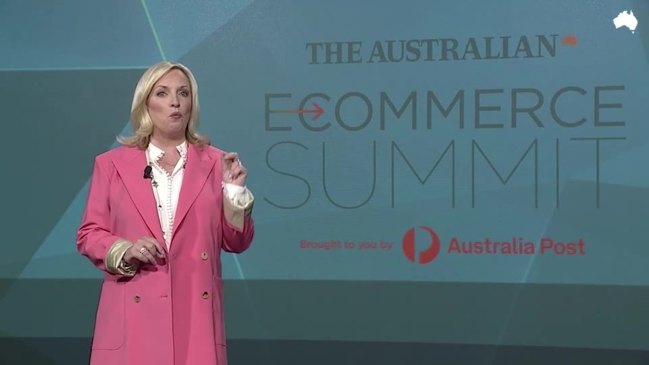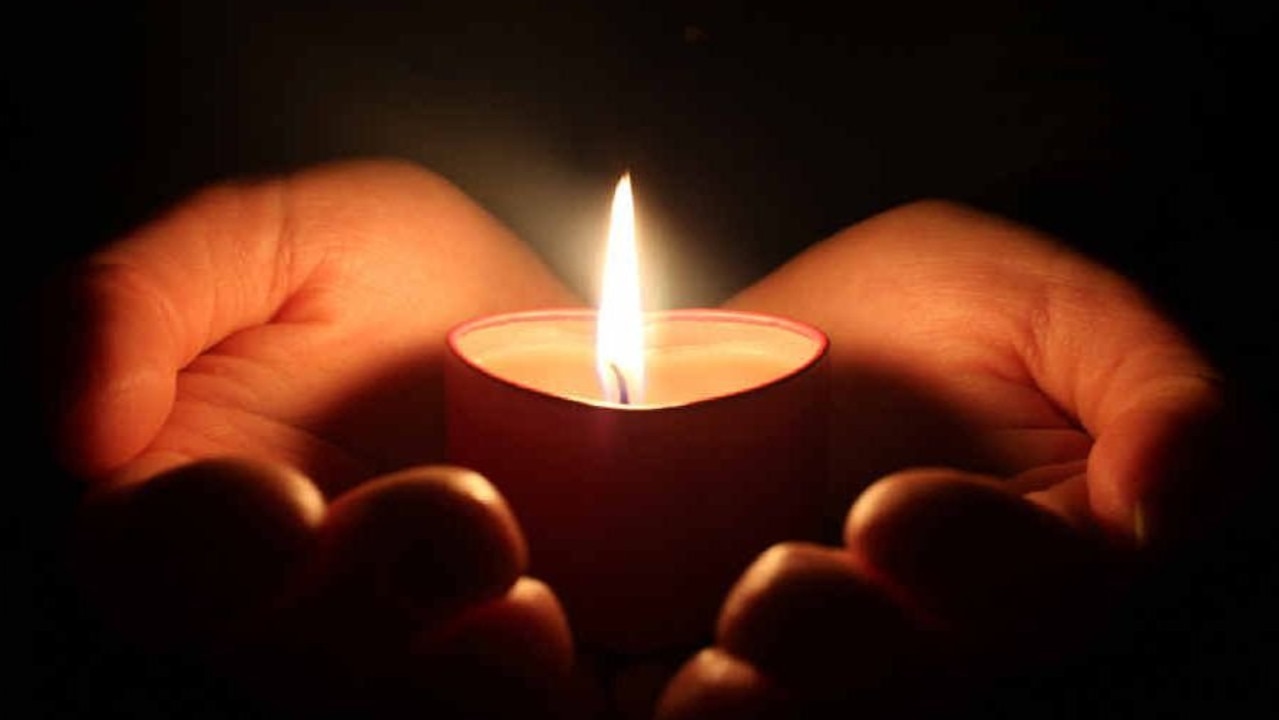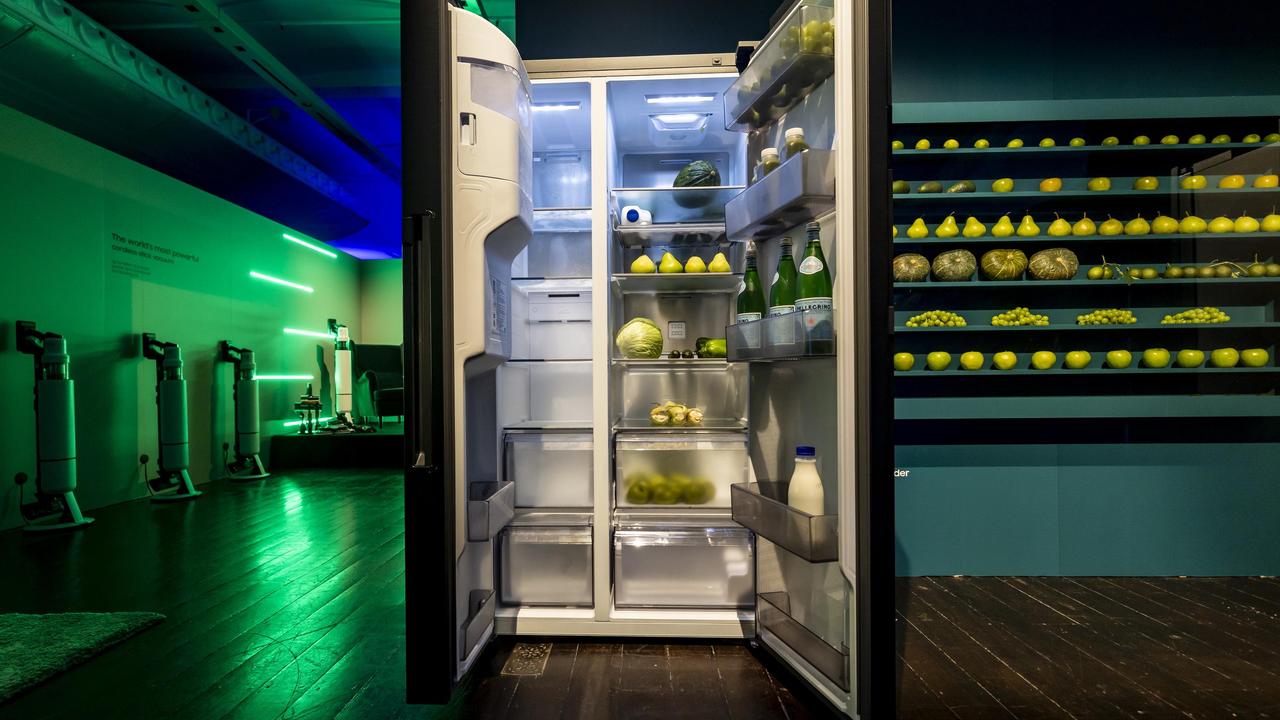Buy from the Bush expands to direct sales for regional businesses
Online site Buy from the Bush is being remade as an “Amazon for the bush” with direct sales from more than 250 regional businesses

Just a year after it was launched amid drought and bushfires as a rural shopping directory, the online site Buy from the Bush is being remade as an “Amazon for the bush” with direct sales from more than 250 regional businesses.
Founder Grace Brennan told the summit on Wednesday that e-commerce offered enormous opportunities to “add a layer of sustainability to small, isolated communities” in Australia.
“It’s a way of drought-proofing them, of crisis-proofing them,” said Ms Brennan, who owns the site and has partnered with PayPal to set up the new marketplace.
Ms Brennan, who lives at Warren in the northwest of NSW, said e-commerce was creating a new career stream for rural women beyond the family farm, with 96 per cent of the businesses on Buy from the Bush run by women. Ms Brennan was one of three female entrepreneurs at the summit who spoke of the potential for e-commerce to build regional economies.
Jane Cay, the CEO of online clothing store Birdsnest, said her business had proved more resilient in the pandemic than other fashion outlets, even though it involved a discretionary spend, because it had overcome supply chain problems caused by the lockdown restrictions.
“Supply chains were tricky at that time. China had trouble, then India, but about 40 per cent of our product is made here is Australia,” she said.
“It became more important, and we pivoted. We weren’t making evening gowns. I can’t tell you how many pull-on pants we sold!”
Ms Cay’s operation is based in Cooma, in the NSW snowfields, and she said the benefit of being an hour from Canberra meant postal services were good and speedy deliveries could be maintained.
Ms Cay launched Birdsnest as a bricks-and-mortar store in Cooma 16 years ago and went online four years later, building a business with a $30m annual turnover that employs 140 people based in the town. She said the original store had been important in helping the company understand and engage with online customers.
About 12 per cent of revenue is poured back into online and offline marketing, including packaging, photography and brand building. COVID-19 had accelerated Birdsnest’s experiments with digital marketing, Ms Cay said.
“You never stop learning about this,” she told the summit.
In the beginning, Birdsnest had not stressed its regional headquarters or a narrative based on the lifestyle of the rural areas.
“We used to say, maybe they will think we are from the city,” Ms Cay said. But now she wanted to shout the benefits of the regions from the rooftops.
She said: “Google doesn’t care where you live.”
Ms Cay stressed that the pandemic had “plenty of silver linings” and Birdsnest had responded to the social shift around attitudes to consumerism by launching a service for customers to send in “preloved” clothing to recycle.
She said customer engagement on the site was important: “We write a handwritten note to go out with every parcel and there are a million of these floating around in the world.”
Brydie Stewart, CEO of Mary Maker Studio, an online site selling craft materials, said her Kiama-based business was different from other sites because it had products developed “alongside” customers.
“I am launching products my customers want,” said the former teacher who started her business six years ago as a side hustle.
Ms Stewart markets through Instagram and Facebook and says her customers play a key role in sharing and communicating the awareness of the site with others.
Ms Brennan says of Buy from the Bush: “We were tapping into a customer need to shop with purpose. We allowed them to connect and invest in a community. We are asking people to be engaged, not through charity but — here is a beautiful, creative product. At a time when the bush was focused on a crisis, we wanted to present a more nuanced version of what is happening.”
From a marketing point of view, “you have to find your angle, find your story within whatever is happening in the world and develop a narrative around the brand,” she said. “There are things you can do to tweak the messaging and the brand.”
PayPal’s recent COVID-19 e-commerce Trends Report found 38 per cent of Australians are consciously supporting local businesses to help their recovery As well, 15 per cent have shopped online for the first time due to the virus and 38 per cent say they will continue a higher level of online shopping.








To join the conversation, please log in. Don't have an account? Register
Join the conversation, you are commenting as Logout